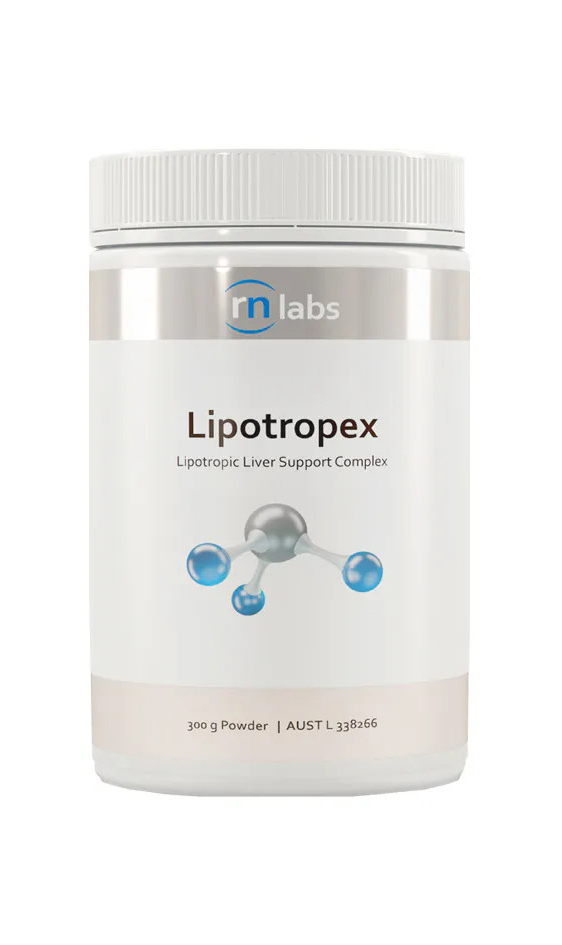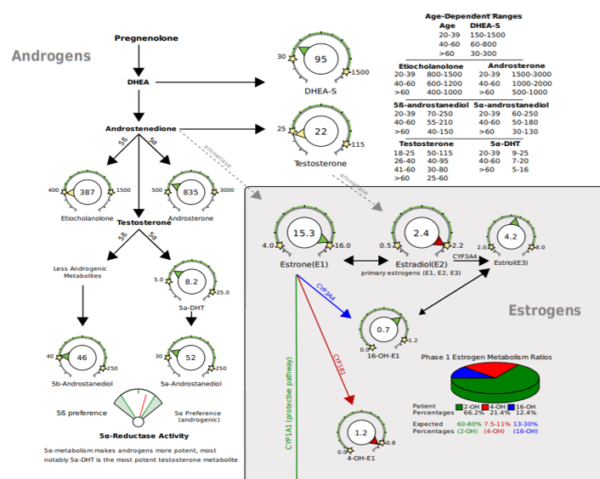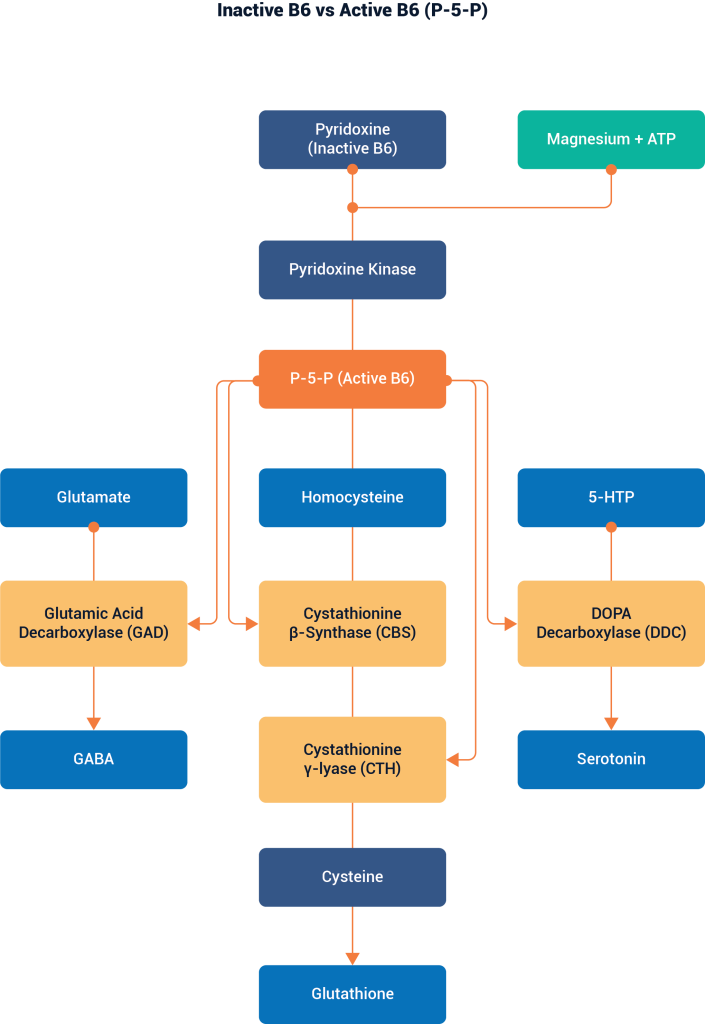Lipotropic compounds are key within the metabolism, transport and breakdown of fat in the body.
In particular, they play an important role in the removal of excess fats and fat-soluble compounds (including hormones and toxins) from the liver.
Beneficial and well tolerated support for bile production and lipid metabolism provided by Taurine, Glycine and Inositol, Acetyl-Carnitine can provide additional support by facilitating the ferrying of lipid compounds into mitochondria for beta-oxidation.
Beta-oxidation provides an important source of metabolic energy, particularly during periods of weight loss and between meals, as well as high energy demand states, such as exercise and stress. These metabolic conditions induce the release of fatty acids from adipose tissue, due to the secretion of circulating mediators such as glucagon and the adrenal hormone epinephrine, which increase the rate of lipolysis.
Fatty acid oxidation thus constitutes a high-efficiency alternate method of energy production, i.e. through the conversion of acetyl-COA to ATP in muscles, and the production of ketones from fats in the liver. This can help spare muscles from catabolic breakdown, as well as minimise excess fat accumulation and congestion.
Choline is another important nutrient involved in fat metabolism. Choline functions as a methyl donor and is required for numerous aspects of liver function. Even though choline can be synthesised from methionine, evidence suggests that choline is an essential nutrient itself.
Methionine is therefore sometimes included with lipotropic nutrient supplements, however methionine can put an increased demand on methylation nutrient reserves in order to recycle it from homocysteine. (Otherwise, the homocysteine would accumulate). It is therefore potentially more prudent to avoid exogenous methionine supplementation, leaving adequate supplies to be maintained through folate and vitamin B12 (methylation) status alone.
Lipotropics are necessary nutrients for the maintenance of a healthy liver, and also the body as a whole. Without lipotropics, fats and bile can become trapped in the liver, which may be involved in hepatic issues such as cirrhosis, NAFLD, NASH as well as compromised fat metabolism overall.
Lipotropics differ from Cholagogues and Choleretics (which simply trigger the release and production of bile respectively), by providing the actual substrates necessary to produce the bile. Lipotropics also conjugate the lipid compounds needing excretion (via bile) and metabolise associated lipid compounds to energy and by-products.
These properties give lipotropics a very broad range of clinical uses and applications, and make their inclusion within a wide range of clinical programs almost universally beneficial and well tolerated.
Why are Lipotropics so Powerful for Treating Liver Health?
Prostaglandins
Leukotrienes
Alcohol
Paracetamol
Heavy Metals
Petro-chemicals
Mould Toxins
Bacterial Toxins
Steroid Hormones
(DHEA, Oestro, T,
25-OH-Vitamin D)
Thyroxine
Amines (Tryp, Tyr)
Cortisol
Epinephrine
Melatonin
Steroid Hormones
(Oestro, T, Prog…)
Fat Soluble Vits
(Vit A, D, E, K)
Fat Soluble Toxins
(Pesticides – DDT)
Thyroxine
Melatonin
Neurotransmitters
Serotonin
Histamine
Choline
Amines (Tryp, Tyr)
Phenols
Caffeine
CoA
Bile Acids
Salicylates
Benzenes
SCFAs
MCFAs
Bacterial Toxins
Neurotransmitters
L-Dopa/Dopamine
Nor/Epinephrine
Histamine
OH-Oestrogens
Heavy Metals
(Hg, Pb, Cd, As)
Morphine
If optimum liver function is compromised and obstructed, many of these compounds may not be metabolised effectively and efficiently, potentially resulting in widespread impairments to the body’s normal biochemical pathways.
Lipotropics are responsible for bile production, and bile is key to facilitating the ejection of Phase 2 Liver conjugates into the gut lumen for proper excretion from the body. Therefore, Lipotropics are essential for supporting all Phase 2 detoxification processes.
In particular, fat-soluble compounds requiring detoxification (such as hormone excesses as well as modern chemical toxins and mould toxins) will need adequate bile flow and lipid metabolism capabilities to be dealt with.
In modern society, congested liver function is a common occurrence, with diets high in alcohol, excess sugar and fructose, as well as stress and lack of exercise contributing to chronic liver dysfunction and fat accumulation.





